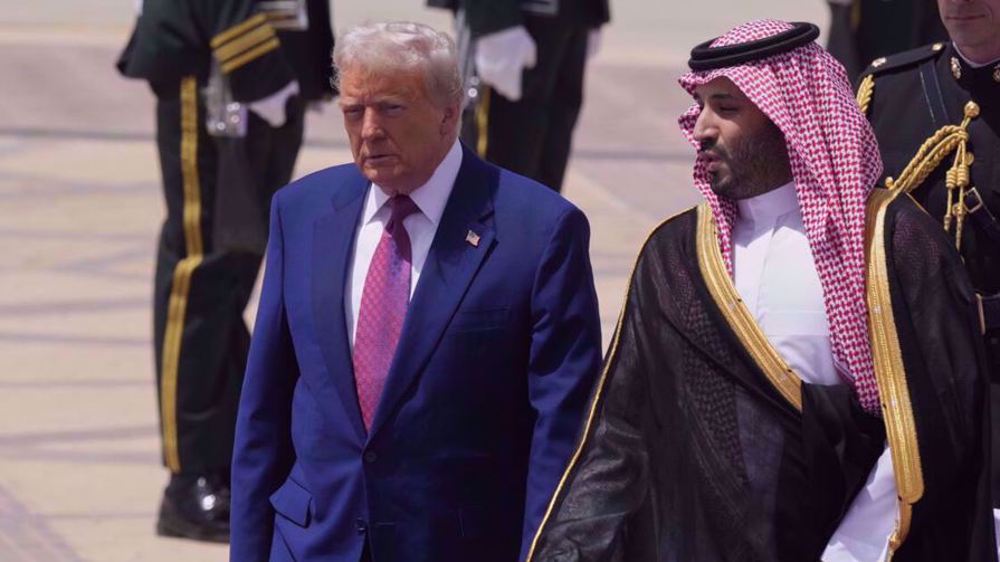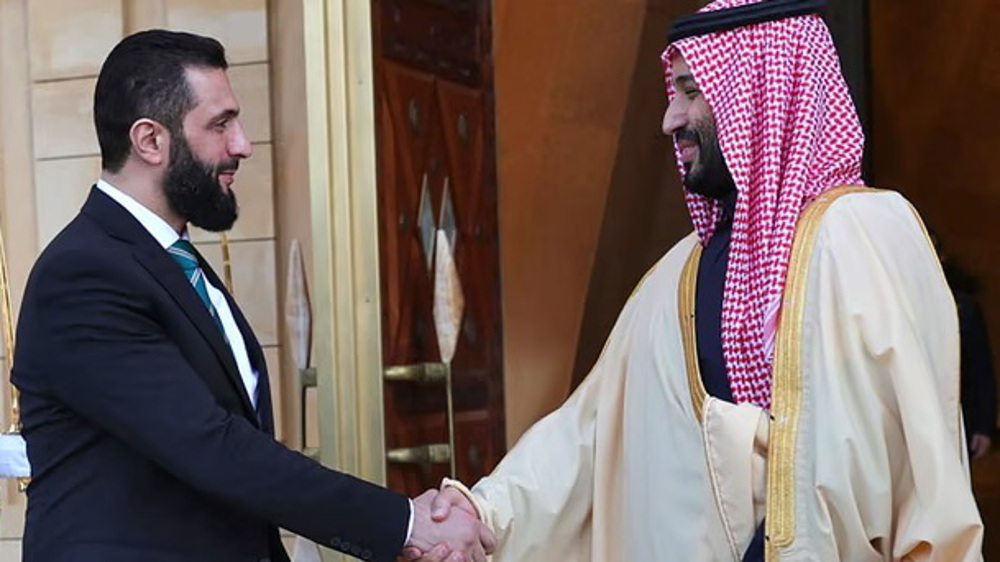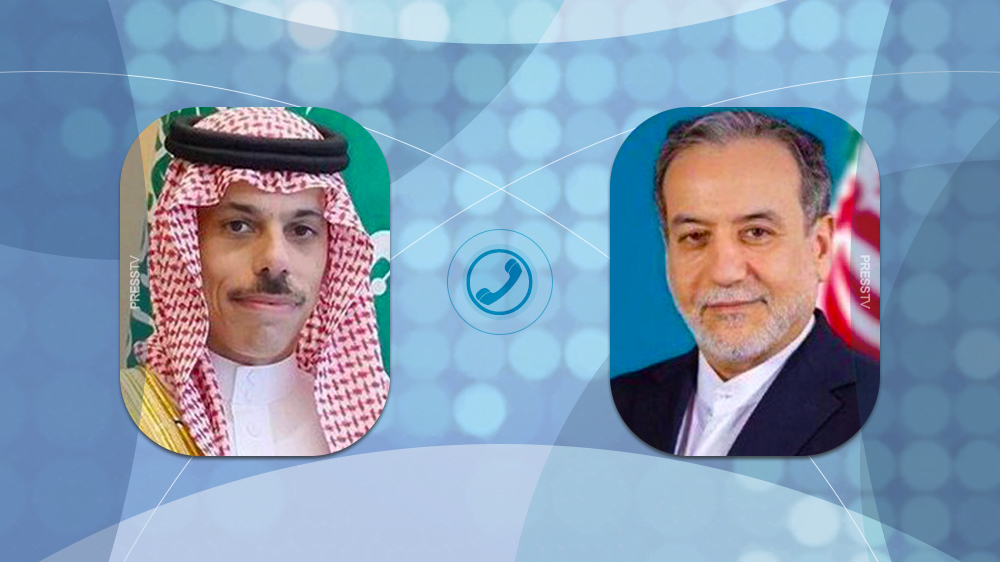Saudi regime carries out 56th beheading in 2016
Saudi Arabia beheaded one of its citizens Monday after sentencing him to death for murder, bringing to at least 56 the number of such executions in the kingdom since the start of this year.
The convicted Saudi man, identified as Ahmed al-Harbi, was beheaded in the northern city of Tabuk, the Saudi Interior Ministry said in a statement carried by the official Saudi Press Agency.
The man was found guilty of fatally stabbing and shooting his Saudi fellow citizen Fahed al-Balawi in a dispute, the ministry added.
Saudi Arabia now holds a senior position on the United Nations Human Rights Council (UNHRC). In summer 2015, Saudi Arabia, with an appalling human rights record, was appointed to head an important panel at the international human rights monitor. The panel is assigned with conducting interviews and short-list experts who would then be nominated to examine specific human rights challenges.
On January 27, Saudi authorities beheaded an Egyptian national after sentencing him to death on charges related to robbery and murder.
Beheading with a sword is the most common form of execution in Saudi Arabia.
Saudi Arabia carried out 153 executions, including 71 foreign nationals, in 2015. This number of executions in terms of annual basis in Saudi Arabia has been unseen since 1995.

Saudi authorities have beheaded several opposition figures and dissidents in recent months. On January 2, Riyadh executed Sheikh Nimr al-Nimr in defiance of international calls for the release of the prominent cleric and other jailed political dissidents in the kingdom.
Under the Saudi law, apostasy, armed robbery, drug trafficking, rape and murder carry the death penalty. Most Saudi executions are carried out by beheading with a sword.
Riyadh has been under fire for having one of the world’s highest execution rates.
Human Rights Watch has called on the Saudi regime to abolish its “ghastly” beheadings.
Amnesty International said in a 2015 report that court proceedings in Saudi Arabia “fall far short” of global norms of fairness.
VIDEO | Press TV's news headlines
VIDEO | Iran will not 'capitulate' since it has military surprises for US
China overtakes US as Germany’s top trading partner
VIDEO | Displaced Gazans struggle to find clean water amid Ramadan
VIDEO | Pakistan strikes militant camps along Afghan border after suicide bombings
Iran FM: Chance still exists for win-win solution to nuclear issue
Denmark rejects Trump's plan to send US hospital ship to Greenland
US Secret Service kills man trying to enter Trump’s Mar-a-Lago estate
















 This makes it easy to access the Press TV website
This makes it easy to access the Press TV website